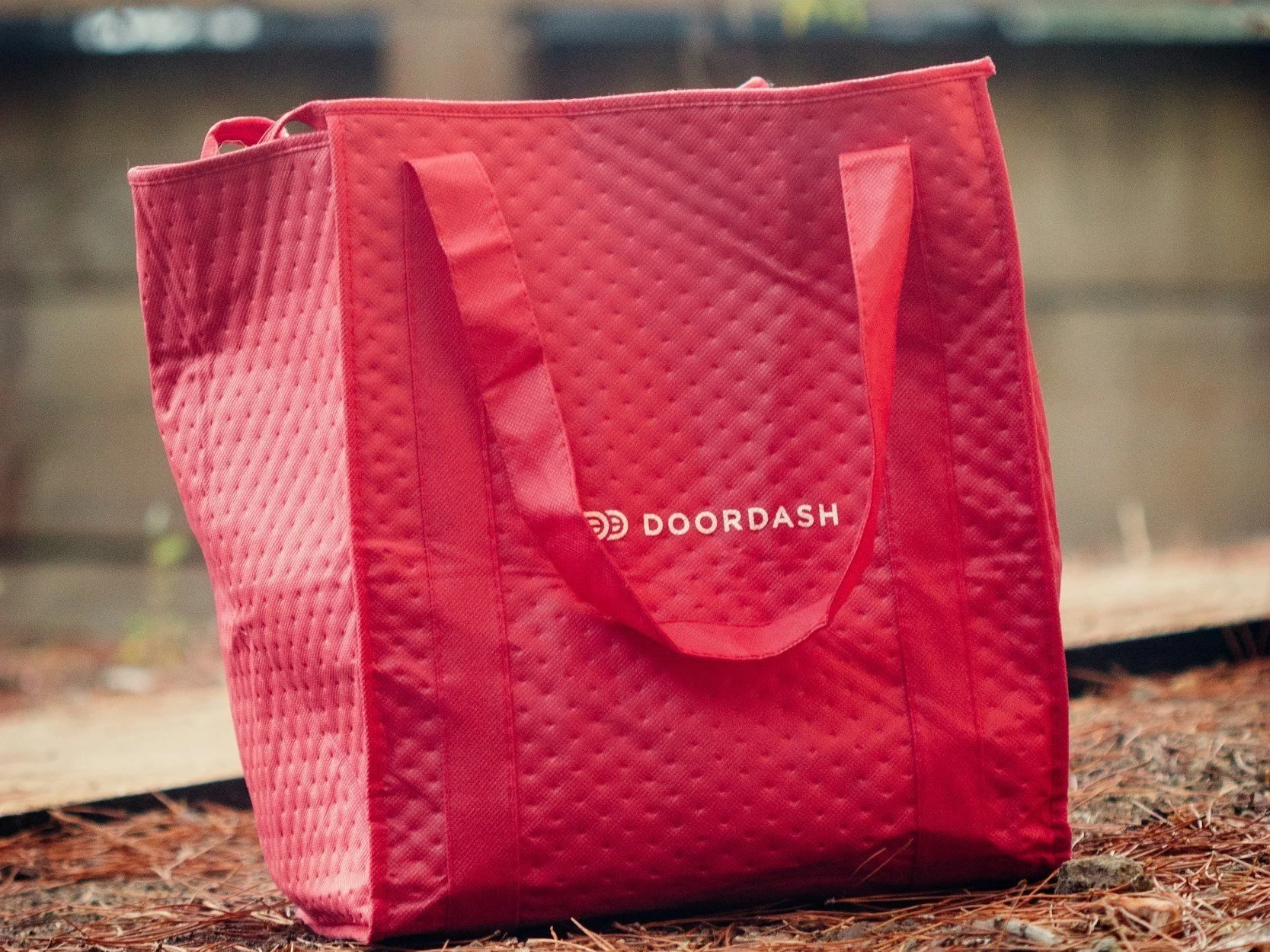So we’re financing food now? How Your $25 Chick-fil-A Order Could End Up Costing You $80
It’s official: we’ve entered the era of financing fast food. In a move that screams "silent recession," DoorDash has teamed up with Klarna to let you buy now, pay later (BNPL) for your takeout. That’s right, because nothing says financial freedom like breaking your cava bowl into four easy installments.
At first glance, this sounds like a dream come true. Craving Chick-fil-A but feeling broke until payday? Don’t worry, Klarna’s got your back. You can eat your waffle fries today and worry about paying for them later. But here’s the catch: if you miss a payment or let things pile up, that $25 combo meal could slowly turn into an $80 financial regret. In essence, while the prospect of enjoying a gourmet meal now and paying later is very enticing, it's important to assess the broader economic context and your personal financial health before indulging. This is food, not a designer handbag. Are we really at a point where people need to finance a burrito?
A Dangerous Recipe: BNPL & Fast Food
BNPL services like Klarna have been widely criticized for their sneaky ways of keeping customers hooked. What starts as a harmless split payment can quickly snowball into a cycle of debt, especially with late fees and penalty interest rates lurking in the background.
Klarna is currently in the process of their Initial Public Offering (IPO), a fancy way of saying they’re about to sell shares of their company to the public, which signals that they’re ready to make even more money off their lending model. Perfect time for the ultimate capitalistic play move, but at whose expense? (Spoiler alert: it might be yours if you’re not careful.)
What This Says About the Economy
The fact that we’re offering credit lines for cheeseburgers speaks volumes about where we are financially as a society. Inflation has driven food prices to record highs, and for many, eating out isn’t just a treat—it’s a necessity when time and resources are limited. But when people start going into debt just to afford dinner, it’s a sign of deeper economic distress.
Experts are already pointing to signs of a potential recession, shrinking consumer confidence, slowed job growth, and, yes, shifts in spending habits like financing fast food. When people stop splurging on non-essentials and start borrowing for their basics, it’s a red flag that economic hardship is looming.
BNPL for Fast Food is Wild
If you think this sounds crazy, you’re not alone. YouTuber Social Symone recently dropped a video titled "KLARNA IS OUT OF CONTROL where she breaks down just how bad this trend could get. She points out that these services often prey on lower-income consumers, trapping them in cycles of debt over everyday expenses. Definitely worth a watch if you want to dodge financial landmines.
A Side of Financial Advice (That Won’t Cost You Interest)
Before you swipe that BNPL option on DoorDash, here are some smarter alternatives to keep your wallet happy:
Let’s Meal Prep Babes – Cooking at home is almost always cheaper than ordering in. You don’t need to be a gourmet chef, just master a few go-to recipes to save serious cash. You can even make it a fun activity by inviting some friends over and prepping together.
Set a Fun Budget – Love takeout? No shame! So do we! Just set a monthly or weekly limit so it doesn’t spiral out of control.
Emergency Fund First, Fries Later – Before splurging on extra guac, make sure you have savings for actual emergencies. Make sure to download our free guide financial wealth to help you start your process of saving.
Final Bite: Just Because You Can, Doesn’t Mean You Should
At the end of the day, BNPL for fast food is the ultimate "too good to be true" deal. Sure, it’s convenient, but at what cost? The next time you’re about to DoorDash on Klarna’s dime, just ask yourself, is this meal really worth the risk of becoming a finance horror story?
Because let’s be real: if we’ve reached a point where we need payment plans for chicken nuggets, maybe the real problem isn’t just inflation—it’s how we’re managing our money.
So next time you’re on DoorDash and see that tempting BNPL option, ask yourself: Do I really want to finance this meal, or would I rather keep my wallet (and my financial future) intact?


